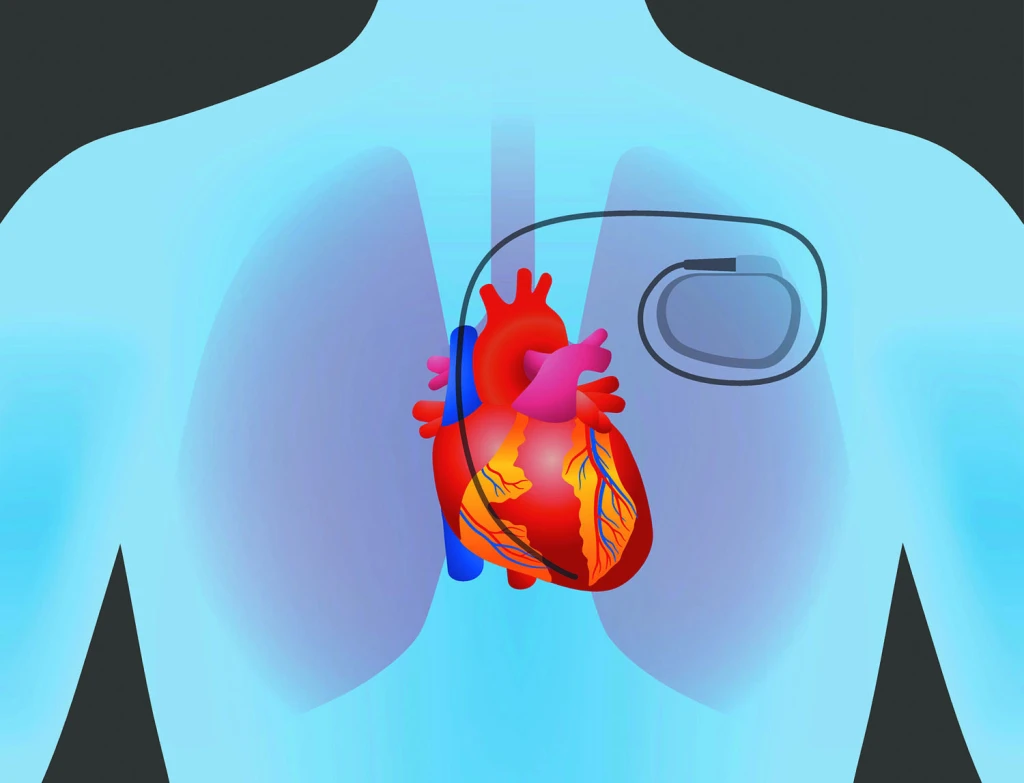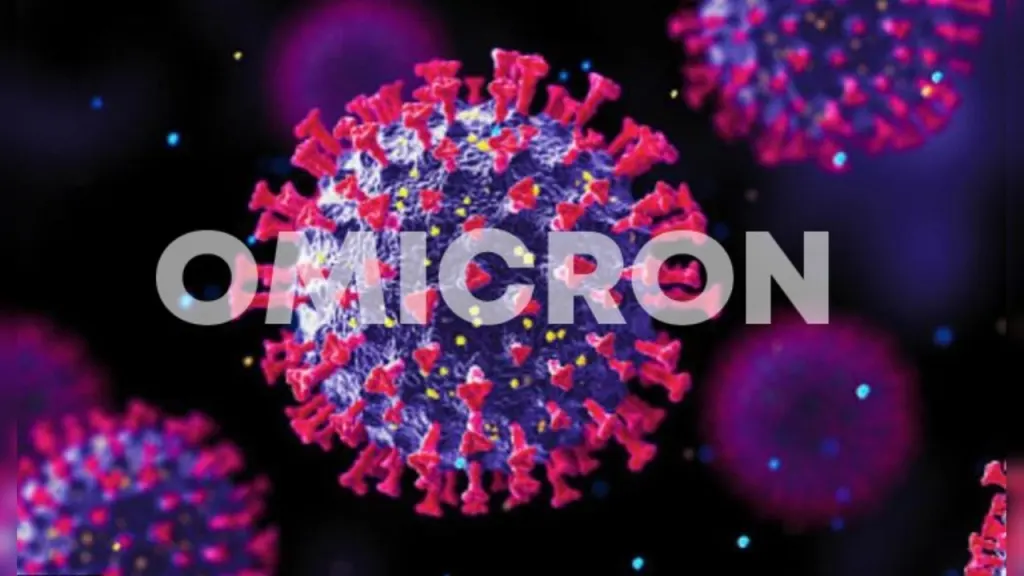The Brazilian soccer legend, Edson Arantes do Nascimento, more popularly known across the world by his nick name Pele, died at the age of 82 of complications arising from colon cancer.
Pele achieved more fame and stature as a sportsman than anyone could possibly have. He started playing football as a child in an impoverished locality kicking socks filled with paper, got recognized for his extraordinary skill and mastery of the game at the age of 16, and went on to play as a professional soccer player for his country bringing Brazil into the world map of soccer.
His mind boggling achievements include scoring a Guinness World record of 1279 goals in 1363 games, becoming the youngest winner of the world cup at 17 and winning the FIFA world cup three times for Brazil. It was not without reason that FIFA conferred on him the title of “Player of the Century”.
He went on to become a global icon of not just soccer, but sports across the world. He was also known for his philanthropic activities and for working tirelessly to encourage and pull poor children in Latin America out of poverty through the game of soccer.
He played at a time when television had not come into our homes. We tend to therefore forget two things: more recent heroes appear larger in size, and second, television and social media can alter the “size” of icons!
What stands out about Pele was his passion and commitment to what he did. He is famously quoted as saying “I was born to play football, just as Beethoven was born to write music and Michelangelo was born to paint”. I wonder if I found or did justice to a singular life’s purpose!
He was diagnosed to have colon cancer some time ago. At the time it was detected and surgically removed, it had spread to other organs. He was therefore undergoing chemotherapy for widespread cancer.
He faced his end quite like a true sportsman, gracefully wishing his relatives (his wife, 6 children and other relatives) farewell from his hospital bed a day before he died.
Colon cancer is the third commonest cancer world-wide affecting 2 million people and killing 900,000 annually. The best chance to beat it is to have it detected at an early stage by a “routine” screening colonoscopy at age 45 onwards.





